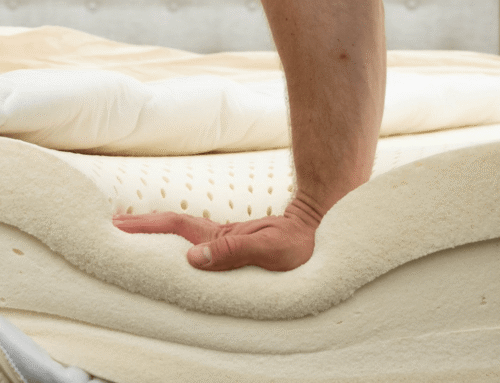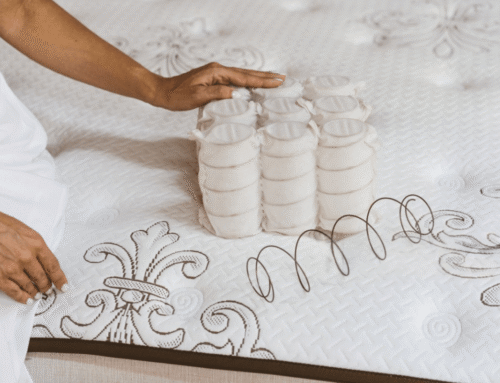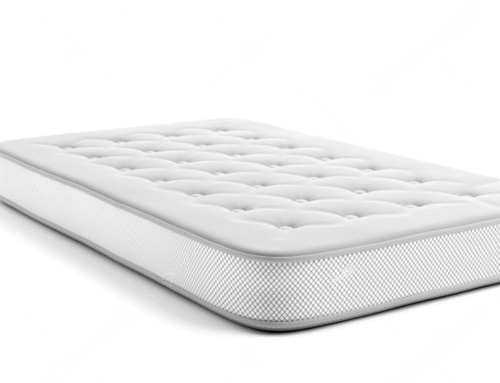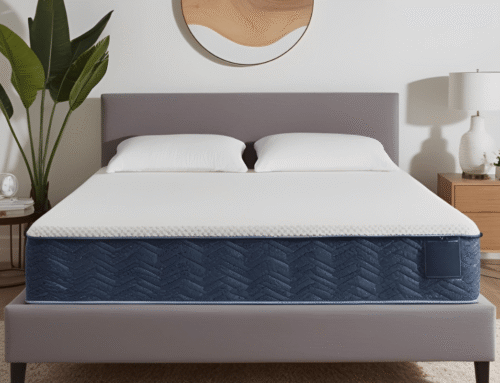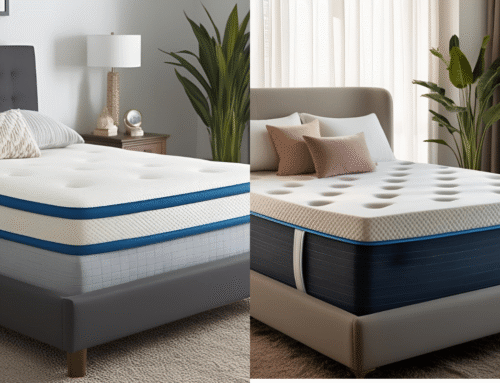Choosing the right mattress firmness is essential for quality sleep. If you’re shopping for a new mattress, you might be asking, what does extra firm mattress mean? Simply put, an extra firm mattress is designed to offer more rigid support than a standard firm mattress. While both options provide a solid foundation, they cater to different sleep needs and preferences.
The difference between extra firm and ultra firm mattress options lies in the level of support they provide—ultra firm mattresses are the most rigid, ideal for those who need maximum support. Understanding these differences can help you find the perfect match for your body type and comfort preference.
In this guide, we’ll explore the key distinctions between firm and extra firm mattresses, focusing on comfort, support, durability, and who benefits most from each. By the end, you’ll have a clearer idea of which firmness level suits your sleep style best.
Key Takeaways
- Firmness Levels Matter: Firm mattresses provide balanced support, while extra firm ones offer maximum rigidity for spinal alignment.
- Best for Back and Stomach Sleepers: Extra firm mattresses keep the spine straight, ideal for those with back pain.
- Side Sleepers Beware: Extra firm options may feel too hard and cause discomfort on pressure points like hips and shoulders.
- Durability Advantage: Extra firm mattresses last longer due to their dense materials and minimal cushioning.
- Motion Control Benefit: Firmer mattresses reduce motion transfer, helping couples avoid sleep disturbances.
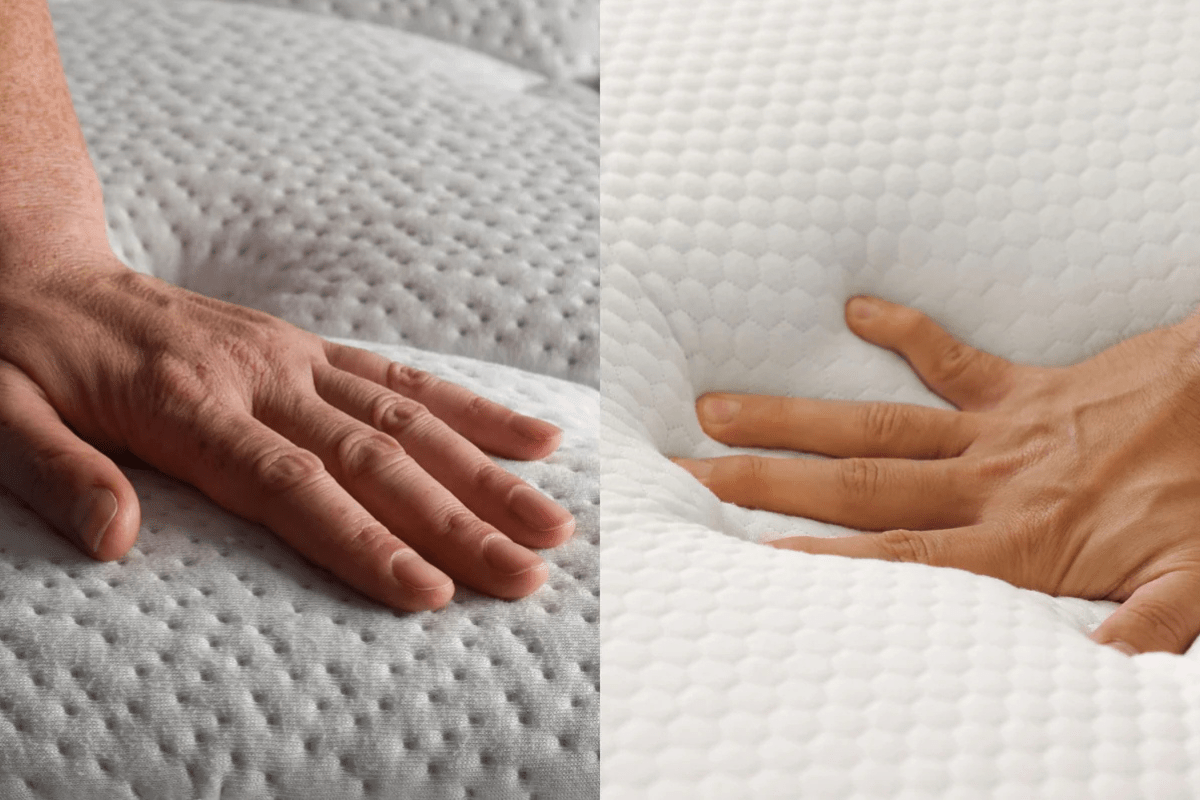
Understanding Mattress Firmness
Choosing the right mattress firmness is key to getting restful sleep. It refers to how soft or firm a mattress feels when you lie down, and it’s typically rated on a scale from 1 to 10—1 being the softest and 10 the firmest. Most firm mattresses fall in the 6-7 range, offering a balance of support and comfort. On the other hand, an extra firm mattress ranges from 8 to 10, providing minimal cushioning and a sturdier feel. An extra firm mattress is good for people who need extra spinal support, such as back or stomach sleepers, or those with certain back issues. The firmness level depends on the materials used, including foam layers, innerspring coils, and overall support structures.
Understanding mattress firmness helps you choose the best option for your needs, ensuring proper spinal alignment and a comfortable night’s sleep.
Comfort Levels: Firm vs. Extra Firm
The primary difference between firm and extra firm mattresses is how much cushioning they provide.
- Firm mattresses offer a balance between support and comfort. They have a thin layer of cushioning to relieve pressure points while keeping the body aligned.
- Extra firm mattresses have even less cushioning, creating a very hard sleeping surface. This can feel too rigid for some people but is ideal for others who need maximum support.
The level of comfort depends on your personal preference and sleeping position.
Support And Spinal Alignment
Choosing the right mattress is essential for maintaining proper spinal alignment. Both firm and extra firm mattresses are designed to keep your spine in a neutral position, but they achieve this in different ways.
A firm mattress provides solid support with slight contouring, allowing the spine to align naturally without excessive sinking. In contrast, extra firm mattresses have little to no contouring, keeping the back completely straight. An extra firm mattress is good for back pain relief because it minimizes pressure points and prevents the lower back from sinking too deeply, which can lead to discomfort over time.
Finding the right level of support can make a significant difference in preventing aches and improving overall sleep quality. If you struggle with back pain or need extra reinforcement for spinal alignment, an extra firm mattress might be the best choice for a comfortable and restorative night’s sleep.
Who Benefits From A Firm Mattress?
A firm mattress is a great choice for:
- Back sleepers – Provides the right amount of support for the lower back.
- Combination sleepers – Offers balanced support for various sleep positions.
- Heavier individuals – Prevents excessive sinking while still offering comfort.
This option is ideal for those who want a mix of support and cushioning.
Durability And Lifespan
When investing in a mattress, durability is an important factor to consider. Firm and extra firm mattresses generally last longer than softer models because they are made with denser materials and have less plush cushioning that can break down over time.
A firm mattress offers moderate durability, especially if it’s made with high-quality foam or supportive coils. However, extra firm mattresses tend to have an even longer lifespan since they experience less compression from body weight. With minimal sinking and reduced wear, they maintain their shape and support for years.
Choosing a durable mattress not only provides long-term comfort but also ensures you get the best value for your investment. If you’re looking for a mattress that holds up well over time while offering strong support, an extra firm option may be the ideal choice for your sleep needs.
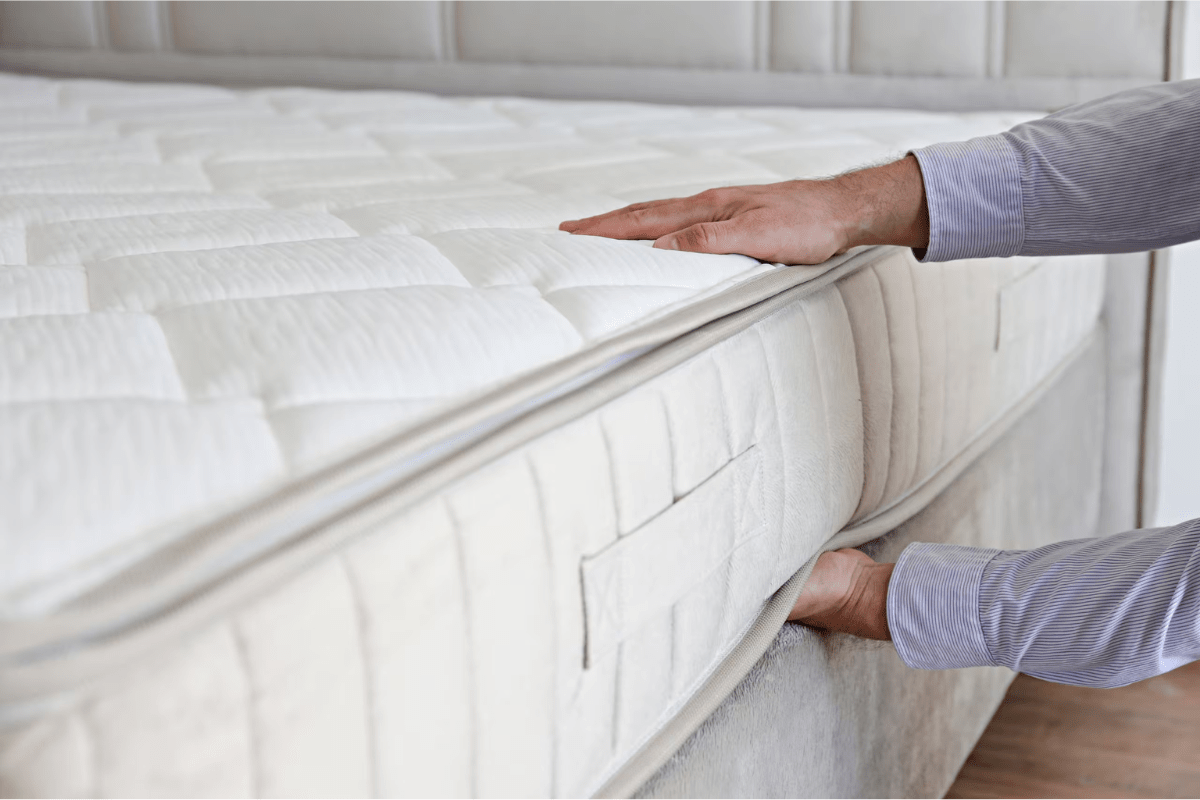
Mattress Materials And Construction
The materials used in a mattress affect its firmness and overall feel:
- Foam mattresses – A firm foam mattress has denser layers, while an extra firm version has even higher-density foam.
- Innerspring mattresses – The coil gauge (thickness) determines firmness, with thicker coils providing a firmer feel.
- Hybrid mattresses – A firm hybrid mattress has supportive coils with a comfort layer, while an extra firm version has minimal padding.
Understanding the construction helps you choose the best mattress for your needs.
Sleeping Position And Firmness Choice
Your sleeping position plays a key role in determining whether a firm or extra firm mattress is right for you:
- Back sleepers – Firm mattresses provide enough support without being too rigid.
- Stomach sleepers – Extra firm mattresses prevent spinal misalignment.
- Side sleepers – May find firm or extra firm mattresses too hard, leading to pressure buildup.
Selecting the right firmness level ensures a comfortable and supportive sleep experience. If you need to make a soft mattress extra firm, adding a firm mattress topper or placing a solid foundation underneath can help. On the other hand, if you want to make an extra firm mattress softer, using a plush mattress topper or opting for a softer bedding layer can improve comfort. Selecting the right firmness level ensures a restful and supportive sleep experience.
Which Mattress Should You Choose?
The choice between a firm and extra firm mattress depends on personal preference and sleep needs.
- If you want balanced support with slight cushioning, a firm mattress is the better option.
- If you need maximum support with little to no give, an extra firm mattress is ideal.
Both options promote spinal alignment and durability, but your comfort preferences should guide your decision.
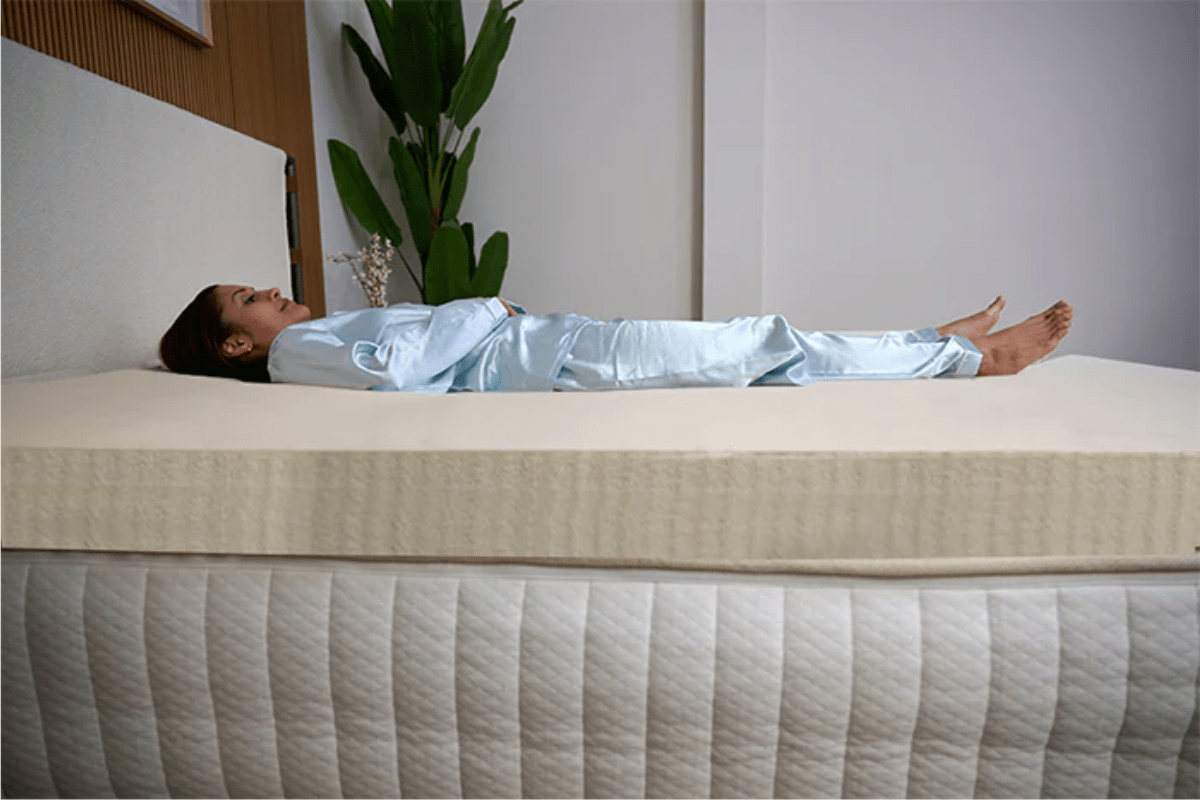
Final Thoughts
Now that you understand what is the difference between a firm and extra firm mattress, you can confidently choose the best option for your sleep needs. Whether you enjoy the balanced support of a firm mattress or prefer the solid, no-sink feel of an extra firm one, selecting the right firmness can make a big difference in your sleep quality and overall comfort.
When shopping for a mattress, take into account your sleeping position, body weight, and personal comfort preferences. Back and stomach sleepers often benefit from firmer support, while side sleepers may need a little more cushioning. If you need extra spinal alignment or back pain relief, an extra firm mattress could be the ideal choice.
Ultimately, the perfect mattress is the one that helps you wake up feeling refreshed and well-rested. Take your time, explore your options, and enjoy a great night’s sleep.

